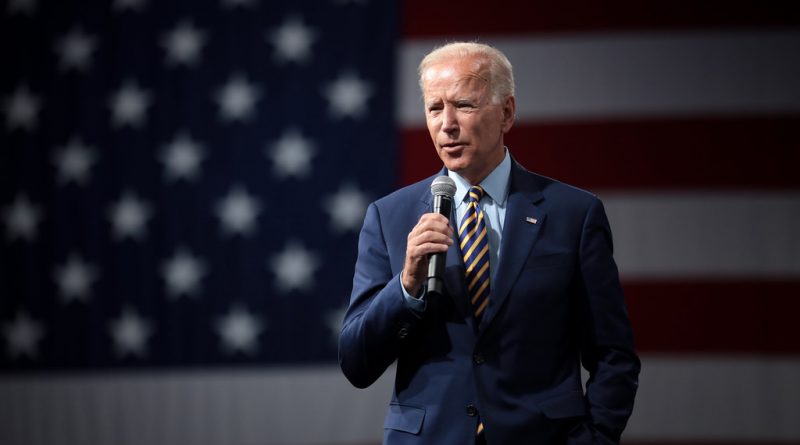President Biden and the Iran Nuclear Deal: Where Does it Go Moving Forward?
Chimdi Chukwukere
Staff Writer
Before the United States presidential election, then-candidate Joe Biden promised not only to rejoin the Iran Nuclear Deal but also to “take steps to make sure US sanctions do not hinder Iran’s fight against COVID-19,” CNN reports. Withdrawal from the Joint Comprehensive Plan of Action (JCPOA), also known as the Iran Nuclear Deal, was one Trump administration move that further alienated the U.S. from its close allies in western Europe. It is the U.S.’s duty to rejoin the JCPOA, having been the defaulting party. Rejoining the agreement will signal the United States’ reignited commitment to multilateralism and improve relations with major allies.
President Biden must reconsider the JCPOA nuclear deal agreed with Iran and other world powers. Unilateral sanctions against Iran are not effective, especially when our major allies do not wish to place such restrictions. “With the JCPOA, Iran’s compliance with the nuclear-related provisions of the JCPOA will be verified by the International Atomic Energy Agency (IAEA) according to certain requirements outlined in the agreement,” reports the Arms Control Association. Additionally, the nuclear deal was endorsed by UN Security Council Resolution 2231 which keeps it valid with or without U.S. compliance. The U.S. cannot afford to abandon a regime that is still effective.
On May 8, 2018, former President Trump withdrew the U.S. from the JCPOA and announced the reimposition of severe sanctions on the Iranian regime. A Congressional report explains the purpose of the unilateral targeted sanctions was to force the Iranian regime under what the former president referred to as “maximum pressure” to “compel Iran to negotiate a revised JCPOA that takes into account U.S. concerns beyond Iran’s nuclear program.” Other major European allies and Security Council members insisted they would not default on the agreement with Iran.
Targeted sanctions employed by the Trump administration succeeded in crippling the Iranian economy, driving it into recession and inflicting humanitarian costs on the regime during the pandemic. Additional sanctions were also imposed on Iran’s financial sector in October 2020 which was reported to compound the already dire humanitarian situation there.
Despite this, reports from The Washington Post indicate “Tehran has exceeded several limitations of the accord and now has more than 10 times the amount of enriched uranium allowed under the agreement, according to the U.N. nuclear watchdog.” Reaching an agreement as quickly as possible for the re-entry of the U.S. to the JCPOA should be a top priority for this administration and the removal of sanctions will help to alleviate the suffering of Iranian innocent citizens.
In his op-ed released just before the U.S. presidential elections, President Biden bemoaned the Trump administration’s reimposition of sanctions against the Iranian regime, calling Trump’s Iran policy a “dangerous failure.” According to him, Trump’s Iran policy of “maximum pressure” achieved nothing but to draw Iran closer to Russia and China and gave Iran the opportunity to accelerate its nuclear weapons program. If President Biden’s words are anything to go by, we should expect that the U.S. will show more swiftness in rejoining the agreement with Iran, which will further convince our allies in Europe that the U.S. is ready to again lead from the front. President Biden promised, “if Iran returns to strict compliance with the nuclear deal, the United States will rejoin the agreement as a starting point for follow-on negotiations,” which will include the demand for the release of “unjustly detained Americans” held by the Iranian regime.
The U.S. cannot allow opportunities for Iran to roll back years of progress already made and must certainly prevent a nuclear-armed Iran from emerging. A nuclear-armed Iran is a threat to Israel and American allies in Europe and the middle east, and thus a threat to U.S. homeland security.

